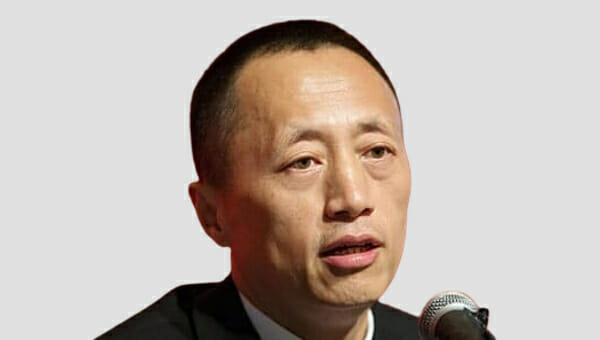
Timber companies in cameroon
China Vanke saw sales dip in the first quarter
China’s third largest developer saw its sales drop nearly 5 percent during the first three months of 2023, despite a raft of policy measures to support the housing market.
China Vanke, which ranked behind only Country Garden Holdings and Poly Developments & Holdings in terms of contracted sales during 2022, saw customers sign up for just RMB 101.4 billion in homes in the first quarter of 2023, compared to RMB 106.5 billion during the same period last year, according to preliminary figures reported by the company.
During the company’s results briefing meeting recently, chairman Yu Liang described China’s property market as “still in a stage of mild recovery” while indicating that the home sales industry might never return to its former vigour.
“We fully recognize the long-term trend that the market shifts away from over-reliance on residential development”, said Yu Liang, “and we will continue to keep a balance between real estate development, management and services, and maintain the bottom line of financial security.”
Margins Slide
After achieving an adjusted EBITDA margin of 18.6 percent in 2022, which earned it profit of RMB 22.6 billion, credit information provider S&P Global Ratings predicted this past week that China Vanke would stay steady this year with an 18 to 19 percent EBITDA margin.
Vanke chairman Yu Liang
Despite Vanke having achieved a profit during 2022, when Country Garden was reporting its first loss ever and former rival China Evergrande was fighting to overcome a string of defaults, S&P notes a potential shift in the company’s core business of residential property development.
The ratings agency said that, “..we believe the company could maintain its property development gross margin at around 20 percent going forward, as it puts greater emphasis on profitability when acquiring land.” While China Vanke had earned a gross margin on its property development business of 29 percent in 2020, that fell to 21 percent in 2021 and slid to 20 percent last year, S&P noted.
To replace the lost cashflow from housing development, the ratings agency predicts that Vanke will boost its revenues through sales of commercial properties to REITs and applying an “asset-light” strategy to its rental apartment business.
Policies Loosened
After growing by 3.4 percent in 2021, real estate investment in China fell by 10 percent last year, according to the country’s National Bureau of Statistics. With that contraction threatening to slow the overall economy and following protests over uncompleted housing projects, the central government has moved to support the housing market in recent months.
In November of last year the People’s Bank of China extended a deadline for banks to cap their ratio of loans to the property sector, giving lenders an extra year and providing the potential for more credit to the real estate industry, according to a report in the Financial Times.
Then in January, mainland financial regulators rolled out a new system to adjust mortgage rates for first-time home buyers, allowing for lower rates in cities where home prices have slid for three consecutive months or more.
In some provincial capitals, banks have begun allowing home buyers to take out mortgages that allow them to continue making payments until they are up to 95 years old, as local governments look for ways to bring more buyers into the market after China’s 20-largest developers saw sales drop by an average of 38 percent in 2022, according to China Real Estate Information Corporation (CRIC).
Mixed Results
Following the recent policy support for China’s housing market, other top mainland developers delivered mixed performances in the first quarter.
Country Garden, the country’s largest developer by contracted sales last year, reported a total contracted sales of RMB 71.8 billion, representing a 27.57 percent decrease from the same period last year.
State-backed Poly Developments reported RMB 113.9 billion in contracted sales from January through March, which was a 25.6 percent improvement over its 2022 performance during the same period. Other major government-controlled developers, such as China Overseas Land & Investment, China Resources Land and China Merchant Shekou, also reported satisfactory sales.
Overall, contracted sales for China’s top 100 developers in the first quarter amounted to RMB 1.76 trillion, which represents an increase of 8.2 percent from the first three months of 2022, according to data released by China Index Academy.
This increase marks the first growth in contracted sales achieved by China’s top 100 developers since the second quarter of 2021, when several of the country’s biggest builders began defaulting on debt obligations.

